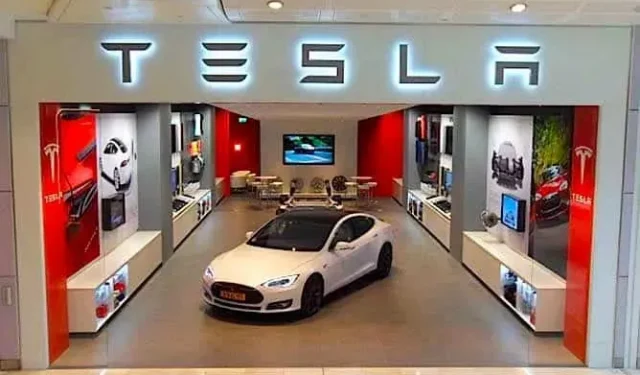Tesla sues former employee for stealing trade secrets and attempted cover-up

Tesla is suing a former employee. This person could have stolen secrets regarding the Dojo’s supercomputer project.
According to a Bloomberg article, Tesla has decided to sue a former employee it accuses of stealing trade secrets in connection with its supercomputing project. According to a case filed in the San Jose District Court, engineer Alexander Yatskov resigned on May 2 after only a few months with the company. According to Tesla, the man admitted to transferring sensitive information to his personal devices and then to a fake laptop when he was charged with theft.
Tesla sues former employee
In addition to violating a non-disclosure clause specifically aimed at protecting its industrial secrets, Bloomberg reports that Tesla is also accusing Alexander Yatskov of lying about his experience and skills on his resume. Also, according to the American newspaper, Alexander Yatskov declined to comment.
“This is a case of illegal trade secret keeping by an employee who, in his short time at Tesla, has already demonstrated his propensity to lie and lie again by providing a ‘fake’ device to try and cover his tracks.”Tesla wrote in the application.
Man allegedly stole secrets about Dojo’s supercomputer project
CEO Elon Musk has been teasing a supercomputing project called Dojo since 2019. The company unveiled this project in more detail last summer, with the goal of using artificial intelligence to analyze vehicle data, which should enable even safer and more successful autonomous driving. The computer, which offers 1.8 exaflops of compute and has 10 petabytes of NVME storage at 1.6 terabytes per second, is trained using video from eight cameras in Tesla vehicles at 36 frames per second.
Tesla said last year that while this approach generates huge amounts of data, it’s still more convenient than high-resolution mapping of the entire world. At the same time, the manufacturer also indicated that the system is more effective in sparsely populated areas, where cars can move almost non-stop. And even then, the company showed some very interesting successes in densely populated areas, including Dojo’s ability to learn new traffic warnings, detect pedestrian collisions, and misuse of the pedals – accidentally pressing the accelerator pedal instead of the brake.
Leave a Reply